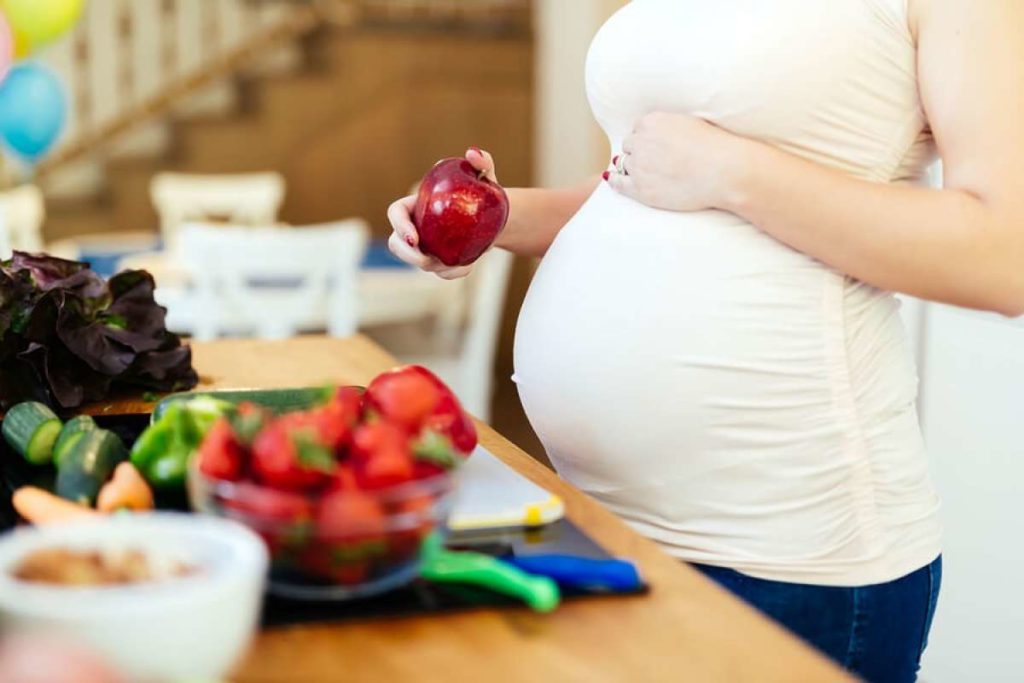Pregnancy is a delicate stage that requires special attention to nutrition. David Arome writes…
Pregnancy is regarded as one of the most crucial stage in the life of pregnant women which requires utmost attention, care and support. Proper nutrition is very vital during pregnancy as nutritional adequacy of diet is important for the growth of the developing fetus and maintenance of health in pregnancy.
The nutritional status of a pregnant woman is an important factor that influences her health during pregnancy as well as the health of the fetus. This is largely determined by her nutritional intake before and during pregnancy.
One of the ways of getting all the necessary nutrients is to eat varieties from each of food groups everyday. More so, the intake of specific micronutrients, this particularly applies to docosahexaenoic acid (DHA), iron, iodine, calcium, folic acid, and vitamin D. The consumption of a varied and balanced diet from the pre-conceptional period is essential to ensure both maternal well-being and pregnancy outcomes.
Lack of intake of these specific micronutrients as well as eating of a well balanced diet during pregnancy can lead to nutritional deficiencies and malnutrition in the long run. And these can affect the health of both the pregnant woman and developing fetus.
Determinant of individual food choice during pregnancy can influence and affect the nutritional status of pregnant women either positively or negatively. Taking into consideration the proximity, taste, cost of obtaining foods also form part of the nutritional challenge. Poor nutrition can be associated with lower income, rural areas and less maternal education on nutrition.
The healthcare system has a fair share in the blame in regards to nutritional challenges in pregnancy. The healthcare system has failed to educate pregnant women on the importance of proper dieting during pregnancy, this is pre-eminent at the primary healthcare centres in rural communities, as some of the healthcare centers lack the service of a trained nutritionist and are not well trained in areas of nutrition in regards to pregnancy.
Also, negligence on the part of pregnant women to adhere to instruction and imbibe the culture of proper dieting is another key element of nutritional challenges in pregnancy. Some pregnant women choose to eat what there like even after receiving proper education and enlightenment on nutrition.
There is also this perception among some pregnant women that proper diet is expensive and meant only for the rich, not knowing that with little money as well there can get proper or well balanced diet.
In order to nip these daunting nutritional challenges in pregnancy in the bud, the government as a matter of utmost important strengthening the capacity development of the health professionals in areas of nutrition education and training, nutrition policy and programs at all levels with emphasis at the primary healthcare level. More so, all relevant stakeholders in the health sector should collaborate with the government in the promotion of proper nutrition in pregnancy and health. The intervention must remain consistent and sustainable at all levels.
